This charming collection of individual photographic portraits of Bhutanese citizens intentionally highlights the two central features of the kingdom today: cultural tradition and the encroachment of modernity. The photographer A.J. Heath lived in Bhutan for a year. Over three weekends he set up an open-air studio in the main square of the capital, Thimphu, and invited people in to be snapped.
The subjects, mostly young, range from teenagers to a miner and a royal bodyguard. Opposite each picture Heath reproduces the questions he asked his subjects, and how they replied. The conversations reflect the duality I mentioned earlier: Heath asks for example what makes people feel Bhutanese. The landlocked Himalayan kingdom is known for the government’s encouragement of, indeed insistence on, its citizens’ contentment — they call it GNH, the Gross National Happiness index. So Heath asks people what makes them happy (hence the book’s title). Karma, 17, admits that it’s makeovers and shopping. Sonam, 20, finds his anti-drugs campaigning fulfilling. Almost everyone says they are proud to be Bhutanese, and many reference their Buddhist faith.
The portraits themselves reveal a mixture of traditional dress — gho for men and kira for women — and the attire worn by young people the world over: baseball caps, Nike T-shirts and football shirts. The colours are exquisite, and enhanced by a uniform black background and old-fashioned studio lighting. All the photographs are straightforward posed portraits, with the subject looking directly at the camera. I liked the juxta-position of the lack of cultural environment and the strong ethnic flavour of both pictures and text.
A certain human truth emerges. When asked what makes him feel Bhutanese, the 42-year-old Thinley says: ‘I love my king. That makes me better Bhutanese’; while the thing that makes him happy is single malt whisky. Heath reveals great sympathy and affection for the land of the Thunder Dragon, while not glossing over, in his introduction, the problems of poverty, addiction, plastic pollution and a semi-police state.
Got something to add? Join the discussion and comment below.
Get 10 issues for just $10
Subscribe to The Spectator Australia today for the next 10 magazine issues, plus full online access, for just $10.
You might disagree with half of it, but you’ll enjoy reading all of it. Try your first month for free, then just $2 a week for the remainder of your first year.

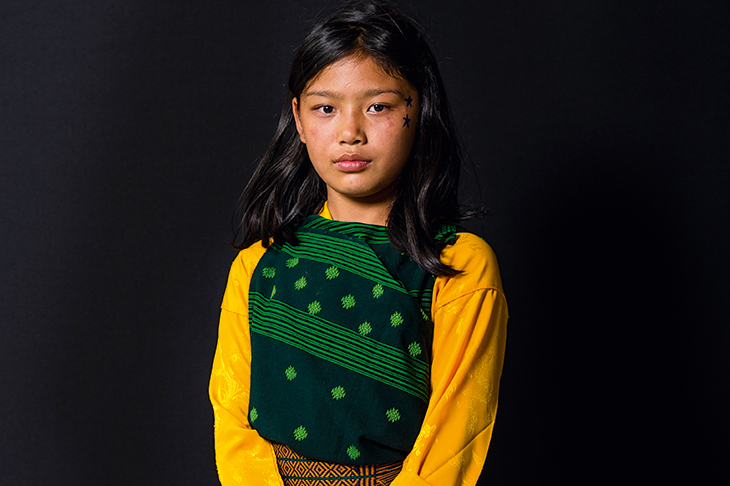

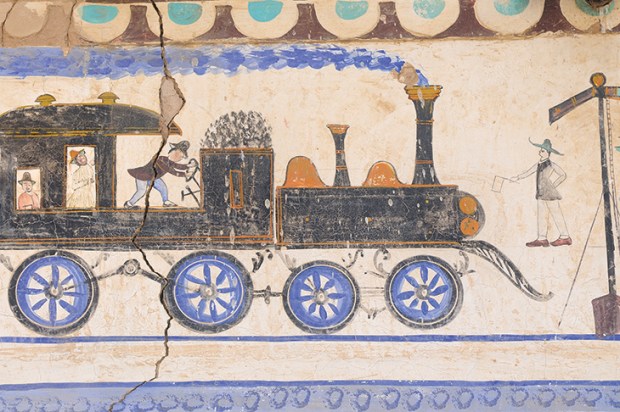
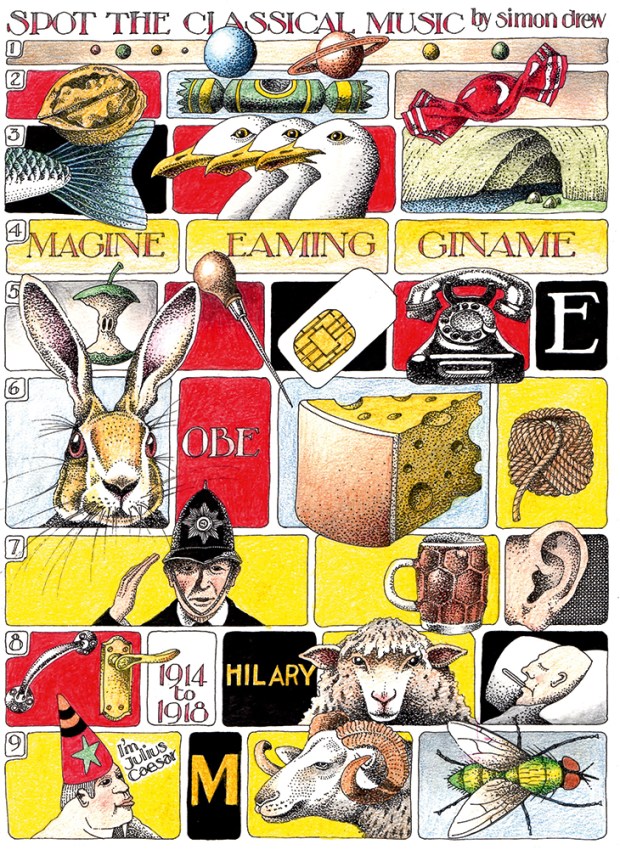
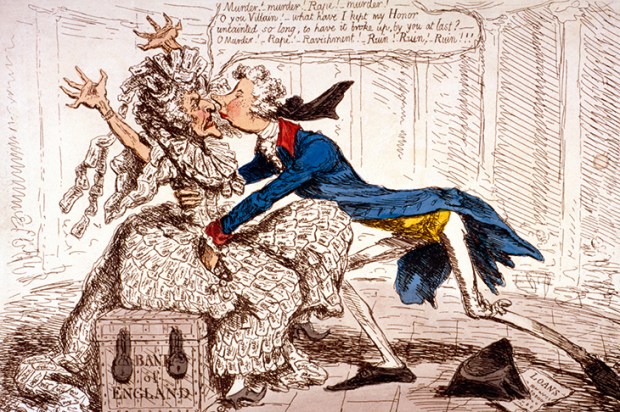
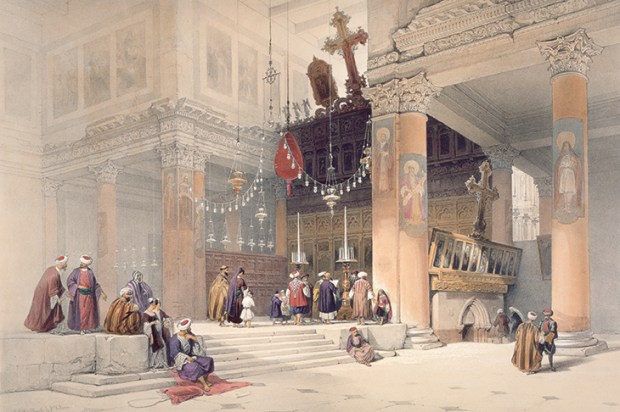
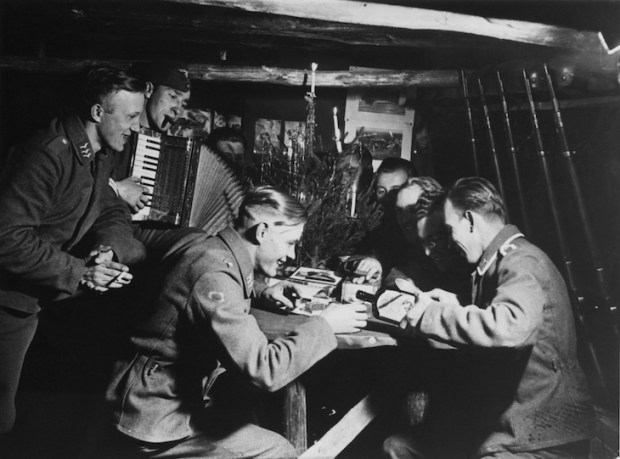






Comments
Don't miss out
Join the conversation with other Spectator Australia readers. Subscribe to leave a comment.
SUBSCRIBEAlready a subscriber? Log in